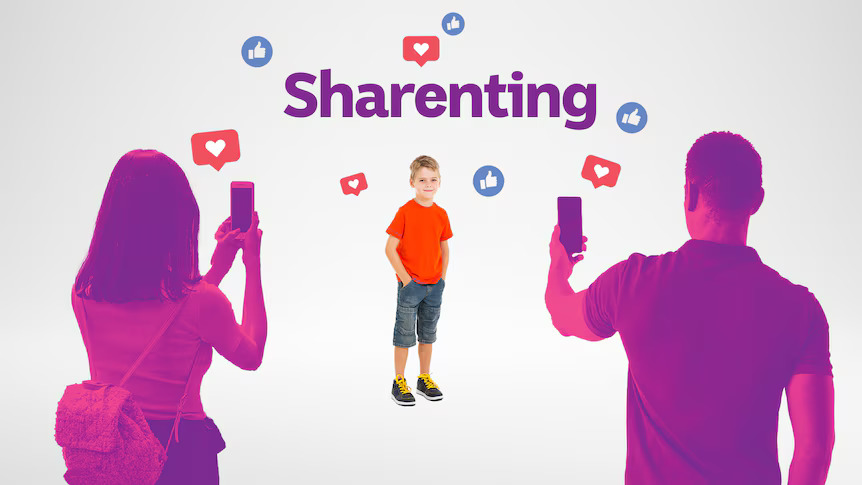This article was published in The Citizen Newspaper, Tanzania on February 11, 2025
It is common today to see in social media, picture and video content involving parents or caregivers and their children. There are varieties of this content, on one end having normal conversations, surreptitious/secret recordings, staged funny skits, pranks, etc. to mention a few.
‘Sharenting’ is a new word, technically called a portmanteau (formed by blending the sounds and combining meanings of two words), which has been made for this social phenomenon, being itself a combination of “sharing” and “parenting.”
Languages all over the world have grown this way whereby a new reality is identified, and is given a name. The credit for the coinage of the word sharenting is ascribed to the Wall Street Journal, back in 2013.
Sharenting is a complex issue, more complex that it appears on the surface level. This is because parents share oftentimes almost real time sensitive details about their children continuously, exposing them to millions of strangers online. It is considered by experts to be a violation of the right of privacy on the part of the children, of which parents are fully aware.
With online content being monetized, it is graver when the financial gain is attached on the online appearance of the children.
While parents have freedom to enjoy the social media, it is important to prioritize the higher good for their children.
It is important to establish and observe a sense of boundary for one’s digital self, as this protects even those who are closely related to the person, such as family and friends.
The digital self tends to live much longer and go much further ahead of us, and is oftentimes open to misinterpretation as it cannot explain itself. Over the internet people only judge what they see, they don’t ask a video or a picture to explain itself.
The attention of social media is tempting! The likes, comments, and follows tickle people into sharing more and more, to an extent that many forget the threshold of what should really be for public consumption and what should not be. Think of parents sharing videos of their children eating or breastfeeding, sleeping, dancing, or just playing on their own, or swimming, etc.
These would be properly understood in their context when shared amongst close family circles, but not across continents as they lack relevance, and they are totally appealing to people’s attention to the children.
Everyone loves privacy, even children. No one would consent to being watched by millions of strangers when at his or her lowest moments, or when angry, or while being scolded. Yet these are popular among sharenting parents. They share for the world awkward conversations and videos that should not leave the doorsteps of their homes in most cases for attention. This attention is in turn monetized over those platforms.
In the long run, as they say the internet does not forget, those children will grow up to find themselves scattered all over the internet, and worse still, they will see the many negative comments of the unkind netizens who while hiding behind their phone screens have courage to sexualize young children and to online hateful and spiteful words, even towards children.
There are also child predators online who can get details about those children from the sharenting continuum. Some studies have considered sharenting to be a syndrome and a potential cause for abuse and harm (See: Ayten Dogan Keskin, et al., ‘Sharenting Syndrome: An Appropriate Use of Social Media?’ May 2023, PMC Journal).
From another perspective, sharenting does not allow children to mature normally, as at some point they will have a persistent suspicion that they are being recorded. This forces them to live with different persona for public viewing, which may be a complete opposite of who they are and even what they truly like.
At some point perceived popularity, false personality, and false self-presentation affect one’s psychological and mental health, even among adults; how much more harmful will this be to children?
It is important for the appropriate government agencies and other interested stakeholders to educate the public on the right of privacy for children, and the potential harm of creating sharenting content. Also, children are not a capital for money making at the cost of their happy and free childhood and their proper development as normal children.
It is also crucial that the public is informed and trained to report where they feel that a child’s private life which is published online is a danger to their safety and wellbeing. We should reach a point where we really see dangers for what they are, and look with curiosity beyond the entertainment we see so as to end these new ways of exploiting children. Together we can keep children safe.
Shimbo Pastory is a Tanzanian advocate for positive social transformation. He is a student of the Loyola School of Theology, Ateneo de Manila University, Manila, Philippines. Website, www.shimbopastory.com.
